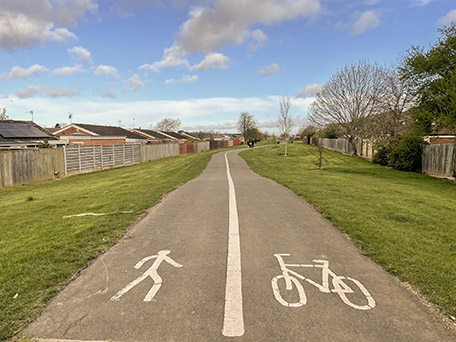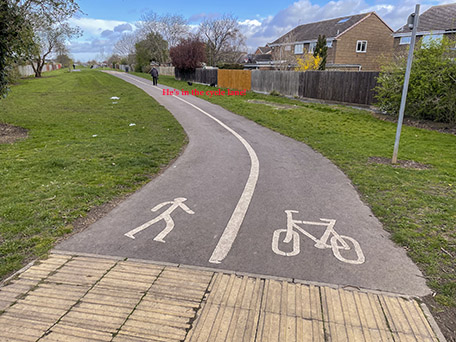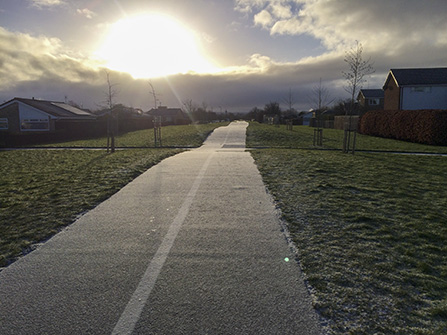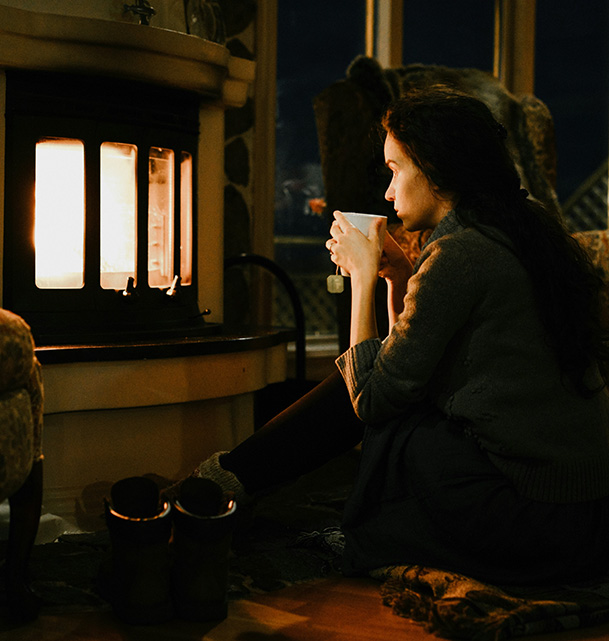Fifteen or twenty years ago I was at a training meeting in Berlin. One evening a trivial event occurred. A few of us were walking from the meeting to our hotel, along a footpath. Suddenly from behind there was a loudly tinkling bell and a loudly complaining German (lycra-clad etc.) on a bike. We had strayed off the pedestrian lane and infringed her cycle lane. I don’t speak German so I don’t know what she said, but I’m sure it wasn’t complimentary. It was over in a few seconds. The cyclist raced off, muttering. For some reason a vivid memory of the incident has stayed with me. Perhaps because I’m a cyclist too. Not a lycra-clad, sunglasses, crouched over drop bars, maximum speed type. No, I cycle for pleasure and transport — to the shops, the health centre, at one time the office commute but now I’m retired, for moderate exercise to keep fit(-ish).
I’ve cycled most of my life, ever since the famous orange bike (see blog 20 Dec 2020). My Raleigh Trent Tourist, a gift for passing the eleven plus and my first grown-up bike, went to college with me. I cycled daily from hall to lectures, in fact everywhere across campus: a notable nuisance, the only cyclist among a thousand students, weaving in and out of the packed walkers. Also, it was my only means of getting to church, seven miles away. That ride to church was scary on winter nights: a narrow country road, no street lights, deeply dark—nasty, especially in rain or snow. Anyway, me on my bike became a conspicuous feature around college. I was welded to the saddle.

In the area where I live there’s a generous network of footpaths. Whenever housing developments occur, paths are included. Typically two-lanes, the older are grey tarmac for pedestrians and a red path for cyclists, but more recently the same grey tarmac divided by a white line. Thing is, I hardly ever see anyone else on a bike. I assume the considerable expense of the dual lanes is to encourage school kids, and everyone else for that matter, to a healthier lifestyle. A Dutch lifestyle in fact. But this isn’t Holland, and it isn’t working so far. At least, not where I live. I see hundreds of pedestrians but just a handful of cyclists. I live near four primary schools and three secondary schools; in fact one of the main foot/cycle paths to school is two dozen yards from my front door, yet few if any children pass on bikes.

This has led to a regrettable phenomenon: I have turned into that insufferable German cyclist! Whenever I go out cycling, I repeatedly come across people walking in my cycle lane! This happens at any time of day, not just peak pedestrian hours. Solitary couples walking a dog seem always to prefer the cycle lane rather than the designated footpath. I try to be polite and patient. I don’t shout out unkindly but inside, automatically, there’s a twinge of irritation. I ring my bell of course, I hope not vigorously in anger, but loud enough. Often walkers leap out of the way onto the pedestrian lane, with apologies. Sometimes they look over their shoulder as irritated with me as I am with them, as though to say “what’s your problem mate?” then refuse to move and force me to pass in the walkers lane. Which makes me even more irritated.
On pondering this recently, I realised I need to repent. Irritation, annoyance, impatience, exasperation are seldom if ever justified. In fact, negative feelings like this can get out of hand and may eventually escalate to war. These are the tools Satan uses to divide and destroy us. I don’t say the Ukraine tragedy began in the cycle lanes of Russia but the principle applies. The conflict began somewhere, in a thought, and an attitude became a destructive avalanche. How we regard other people and whole nations matters very, very much. In our families, communities, country and Church, unity is essential and the Enemy will do everything he can to generate irritation with each other, usually over trivial issues to start with. Our response to what we think are faults in others affects us and our relationships more deeply than we suppose. Forgiveness of perceived sleights is a greater gift to ourselves than to others.
So, I’ve started a campaign. Whenever I go out on my bike, I commit myself not to be irritated. And it works! I can, actually, choose not to be annoyed with thoughtless pedestrians. I can choose to be friendly and patient when my bike lane is blocked. In consequence my ride is more enjoyable. I suspect I will have to keep working on it to stay upright and balanced on two wheels; the tendency is always there, lurking round the next corner. Being irritated is an easy habit to slip into without noticing. Maybe you don’t have this problem — well, you won’t if you’re not a cyclist! But I suspect almost all of us deal with the challenge in other settings. If you analyse the recent General Conference of the Church, and the October Conference as well, you may be surprised how many speakers addressed this or closely related topics. So, if you don’t like this post: that’s OK, I won’t be irritated.
As we enter Holy Week and ponder the message of Easter, I find a deeper spiritual element for these thoughts. In Gethsemane, during His final meeting with His Apostles, Jesus speaks what is known as the Great Intercessory Prayer, which includes this plea:
That they all may be one; as thou, Father, art in me, and I in thee, that they also may be one in us: that the world may believe that thou hast sent me. (John 17:21)
And in latter-day scripture we read:
Behold, this I have given unto you as a parable, and it is even as I am. I say unto you, be one; and if ye are not one ye are not mine. (D&C 38:27)
This concept of unity: avoiding frustration, irritation or anger with others, even pedestrians in our cycle lane, has a significance far beyond footpaths and bikes. It seems that eternal consequences are involved.



